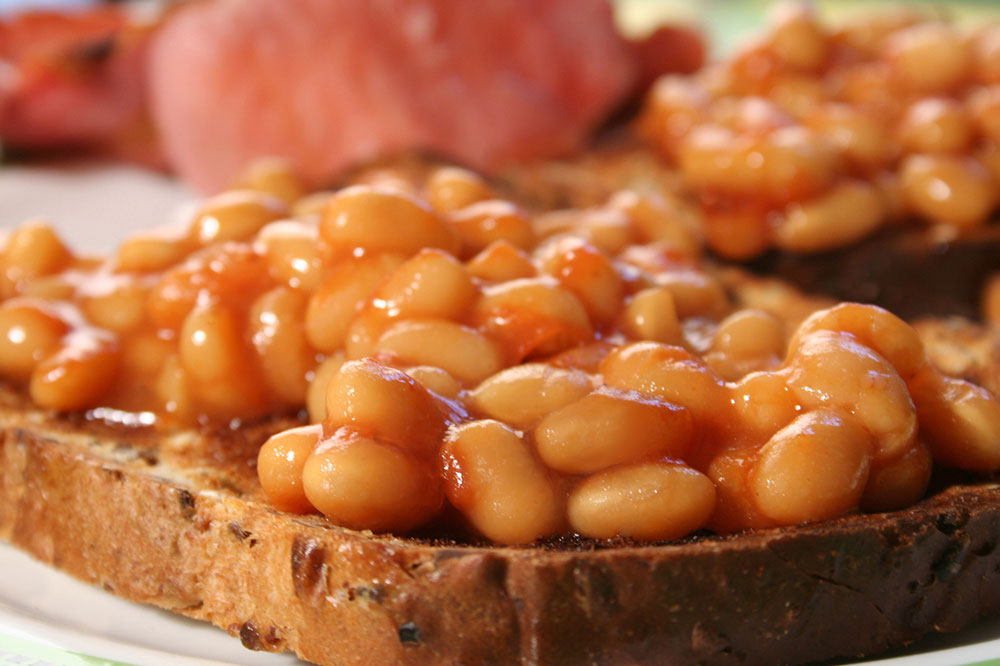
Foods to Manage the Symptoms of ADHD
ADHD affects more than 2.5% of the adult population in the world. In the country, more than 4% of the adult population has ADHD, although the figure can be much higher according to some reports. While there are numerous ways to manage the symptoms of ADHD, changes in one’s diet can help too. Here is a list of foods to manage ADHD symptoms.
Protein
Protein-rich foods have shown to be beneficial for people with ADHD symptoms. This is because these types of foods are used to make neurotransmitters by the brain. Protein-rich foods can help control the sudden blood sugar spikes which lead to ADHD symptoms like hyperactivity. Some examples of protein-rich food include fish, lean beef, beans, nuts, low-fat dairy products, eggs, and nuts.
Magnesium and zinc
Magnesium and zinc are two effective foods to manage ADHD symptoms. People generally do not get enough of these two minerals which can lead to ADHD symptoms. Magnesium and zinc make neurotransmitters. While magnesium can be helpful for improving focus and attention, zinc is responsible for the regulation of dopamine which is a neurotransmitter. Additionally, it can help make methylphenidate medication increasingly effective.
Iron
One might not think iron has much to do with managing ADHD symptoms but it does. Research shows that those who consumed iron regularly were able to manage their symptoms compared to those who didn’t. Consuming iron-rich foods such as shellfish, lean red meat, beans, chicken, and turkey can help manage ADHD symptoms better. Else, one can opt for iron supplements. However, it is essential to check one’s ferritin levels before consuming iron-rich foods.
Omega- 3 fatty acids
Fish oil is one of the best foods to manage ADHD symptoms as it contains omega-3 fatty acids. They have shown to be helpful in managing a range of behavior such as impulsiveness and hyperactivity. Omega-3s are categorized as essential fats and so consuming them is beneficial. One can either eat fish or take fish oil supplements instead which have lower side effects compared to others. Research shows that omega-3 products with higher EPA than DHA are recommended.
B vitamins
B vitamins can be helpful in improving anti-social behavior and anger. For example, vitamin B-6 has shown to increase dopamine levels in the brain. B vitamin has shown to improve IQ levels in children, which shows it can be helpful for people with ADHD symptoms. This helps to increase and improve concentration. One can rely on various B vitamin formulations that can come in liquid forms or pill forms; however, it is important to consult a doctor before consuming these supplements.
Gingkgo and ginseng
Gingkgo and ginseng are foods to manage ADHD symptoms. These are actually herbs that are called cognitive activators because of their effectiveness which mimics that of stimulants. However, they don’t have the side effects of medication of ADHD, which is good news. These herbs have shown to improve focus and decrease impulsiveness. If one’s child has ADHD, then they can try American ginseng because the Asian variety might be too strong and overstimulating for the child.
Pycnogenol
Studies show that pycnogenol can help manage ADHD symptoms. It is an extract that is made by using the French maritime pine bark. It is loaded with antioxidants that help protect brain cells from toxins. Pycnogenol has shown to increase concentration and attention. In addition, it has shown to reduce hyperactivity which is one of the many symptoms of ADHD. It has shown to improve visual-motor coordination too.


